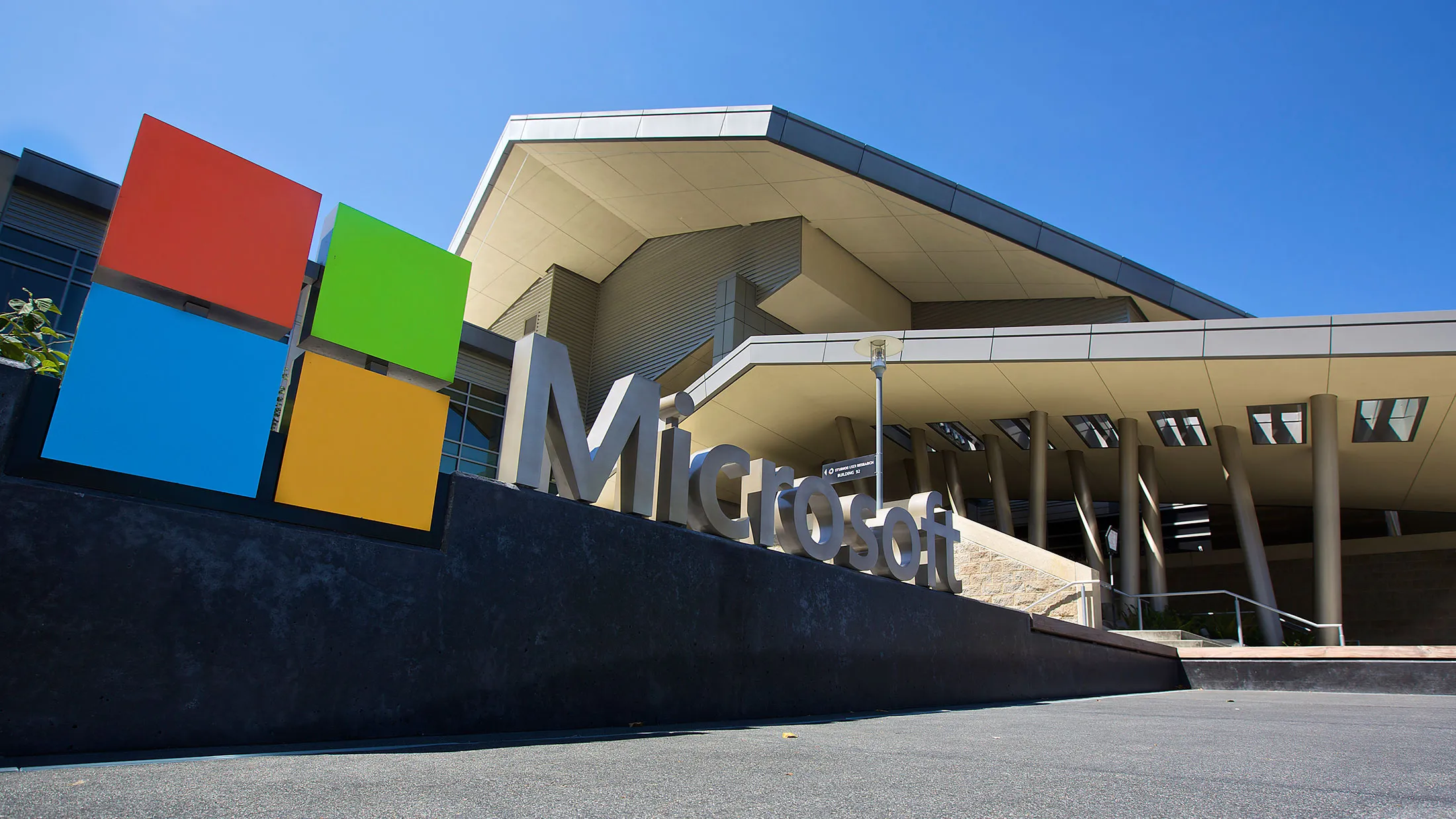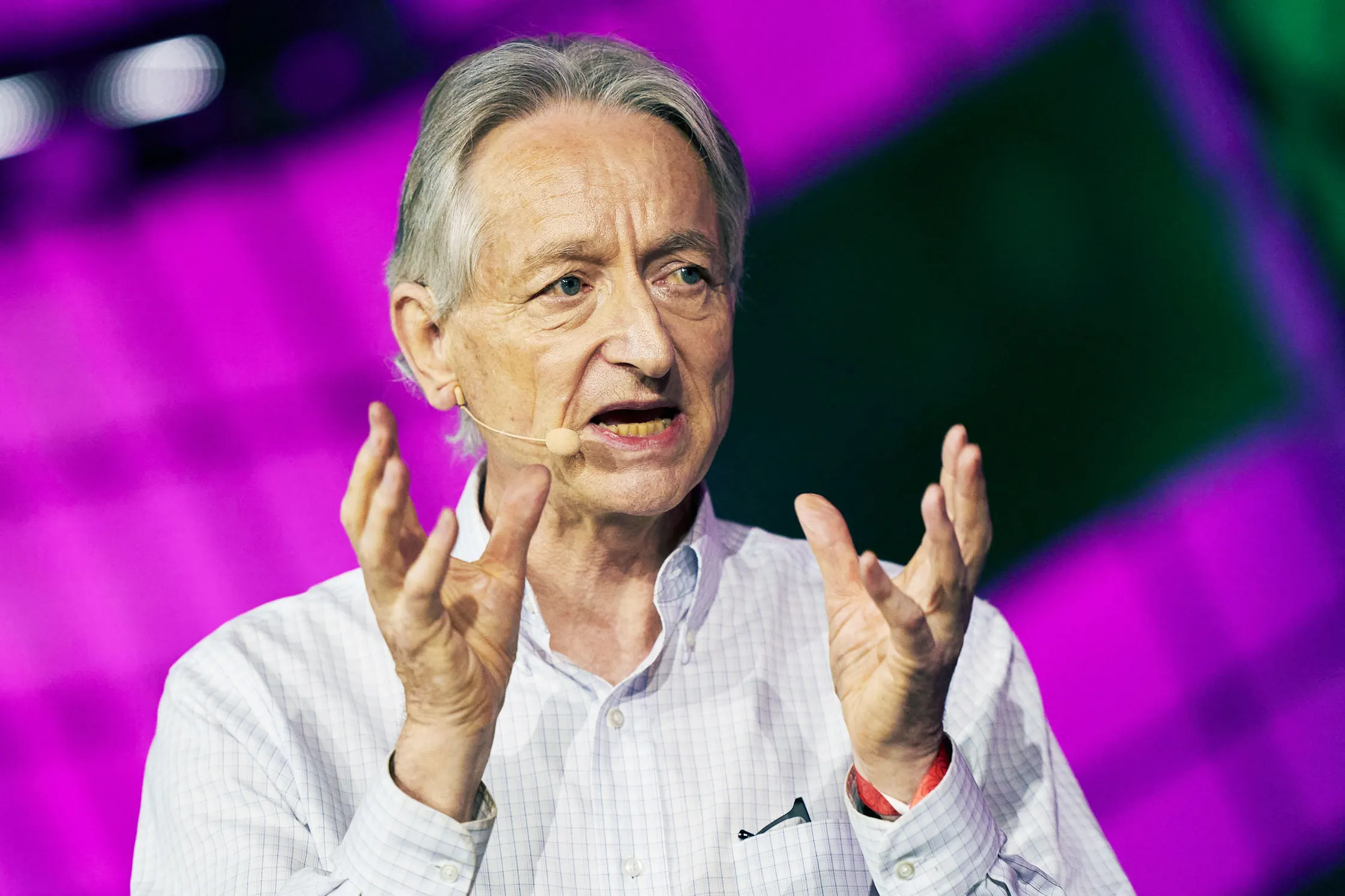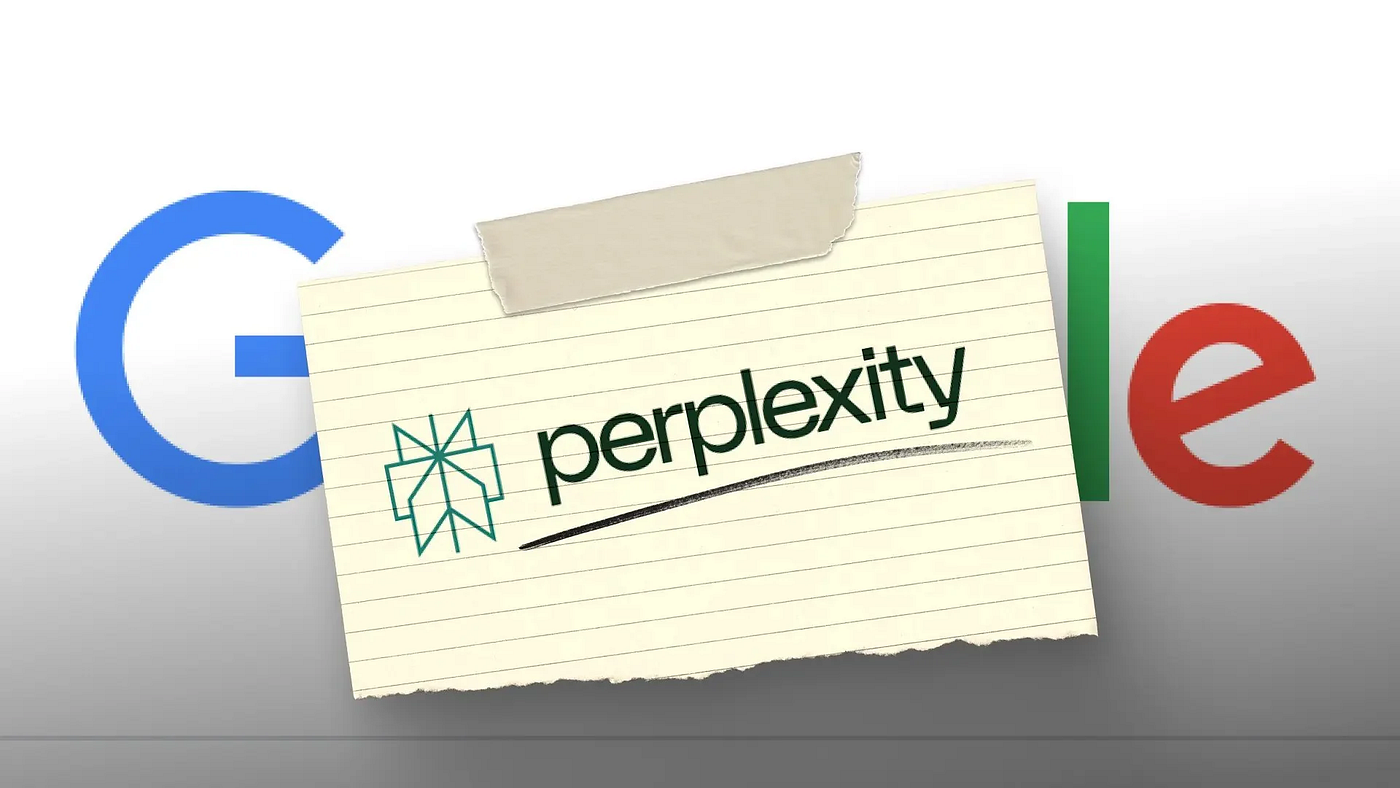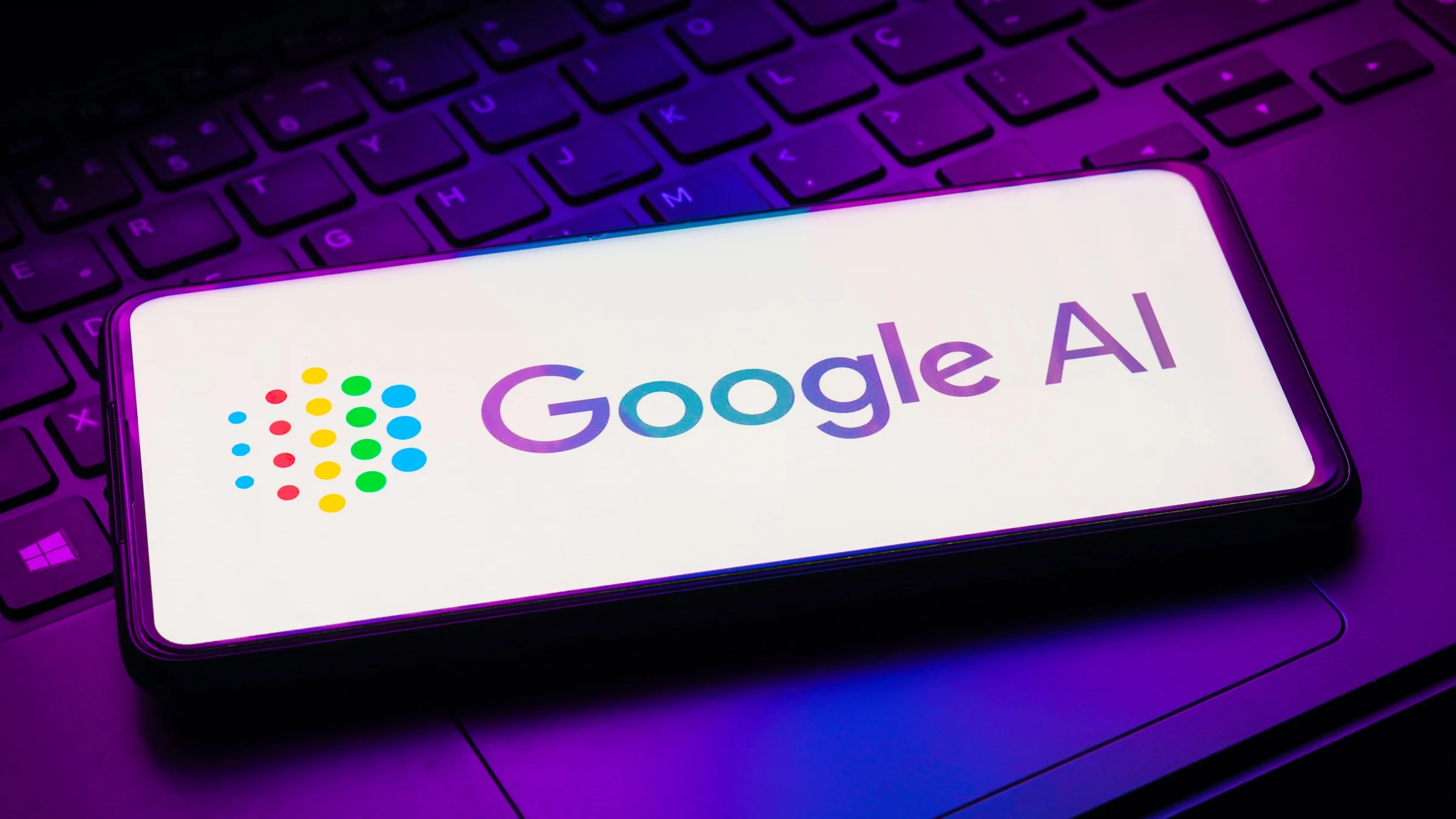In the high-stakes world of artificial intelligence, where talent is the ultimate currency, Microsoft is making bold moves to bolster its ranks. According to internal documents obtained by Business Insider, the tech giant has compiled a detailed list of Meta’s AI employees and is extending multimillion-dollar compensation packages to lure them away. This aggressive recruitment strategy underscores the intensifying competition among Big Tech firms to secure the expertise needed to dominate the AI landscape.
Microsoft’s efforts are far from haphazard. The company has created a “critical AI talent poach list,” a spreadsheet that identifies specific Meta employees by name, location, and position. This list focuses on key teams within Meta, including Reality Labs, GenAI Infrastructure, and Meta AI Research. Shared among hiring managers in Microsoft’s AI divisions, the document serves as a roadmap for recruiters aiming to cherry-pick top talent from its rival.
To make these overtures irresistible, Microsoft has overhauled its hiring process for “critical AI talent.” Once a candidate is flagged as such, the company commits to delivering its best offer within 24 hours. This includes crafting a personalized “offer rationale” based on the individual’s AI expertise and experience, utilizing a private compensation modeler to tailor pay ranges, and involving a dedicated compensation consultant. The mandate is clear: match Meta’s compensation levels for elite performers, ensuring Microsoft remains competitive in bidding wars.
Compensation details reveal the scale of these offers. Microsoft’s highest standard packages for engineers and researchers include base salaries up to $408,000, on-hire stock awards reaching $1.9 million, annual stock grants of nearly $1.5 million, and cash bonuses as high as 90% of base pay. However, for top AI hires, the company has carve-outs allowing even higher figures, with multimillion-dollar on-hire bonuses becoming increasingly common. Insiders familiar with the process confirm that such eye-watering incentives are now standard in the AI arms race.
Leading this charge are key Microsoft executives with deep ties to the industry. The Microsoft AI team, headed by Mustafa Suleyman—a cofounder of Google DeepMind— and the CoreAI division, overseen by Jay Parikh, a former Meta engineering executive, have specialized recruiting units designed to expedite these high-stakes hires. Parikh’s organizational chart notably features several executives who previously worked alongside him at Meta, highlighting the interconnected nature of talent flows in Silicon Valley.
The Broader AI Talent War: A Two-Way Street
Microsoft’s poaching initiative doesn’t exist in a vacuum. The AI sector is witnessing a fierce talent tug-of-war, with companies like Meta, OpenAI, Google, and Microsoft all vying for a limited pool of experts. Meta, under CEO Mark Zuckerberg, has been equally aggressive, reportedly offering packages worth up to $250 million to AI researchers and even dangling nine-figure signing bonuses—claims echoed by OpenAI CEO Sam Altman, who noted Meta’s attempts to lure his staff with $100 million incentives. In one extreme case, Meta allegedly extended a $1.5 billion offer to a single researcher, though such bids have sometimes been rebuffed.
This reciprocal poaching reflects the immense value placed on AI talent. As generative AI drives unprecedented market valuations—Microsoft is inching toward a $4 trillion milestone fueled by AI advancements—the pressure to innovate faster has never been greater. Despite recent layoffs across the tech industry, including thousands at Microsoft, the company plans to maintain flat headcount overall while aggressively expanding in AI, signaling a strategic pivot toward specialized hiring.
Social media and tech forums have buzzed with discussions about these developments. On X (formerly Twitter), Techmeme highlighted the Business Insider report, noting Microsoft’s mandate to match Meta’s pay for top talent and sparking conversations about the escalating costs of the AI race.
Implications for the Industry and Beyond
The ramifications of this talent skirmish extend far beyond individual companies. For AI professionals, it means unprecedented leverage, akin to NBA superstars negotiating contracts with entourages in tow. Salaries and bonuses once reserved for C-suite executives are now commonplace for researchers and engineers, potentially widening the wealth gap in tech while accelerating innovation.
However, this hyper-competitive environment raises questions about sustainability. With Meta shelling out big bucks to build its “artificial superintelligence” team and Microsoft countering to sustain its AI momentum, smaller players may struggle to compete. Analysts warn that such poaching could lead to knowledge silos breaking down, fostering cross-pollination of ideas but also risking intellectual property disputes.
As 2025 unfolds, the Microsoft-Meta rivalry exemplifies the cutthroat dynamics of the AI era. With both companies investing billions in infrastructure and research, the winner may be determined not just by technology, but by who assembles the strongest human capital. For now, Microsoft’s multimillion-dollar gambit is a clear signal: in the quest for AI supremacy, no price is too high for the right talent.




